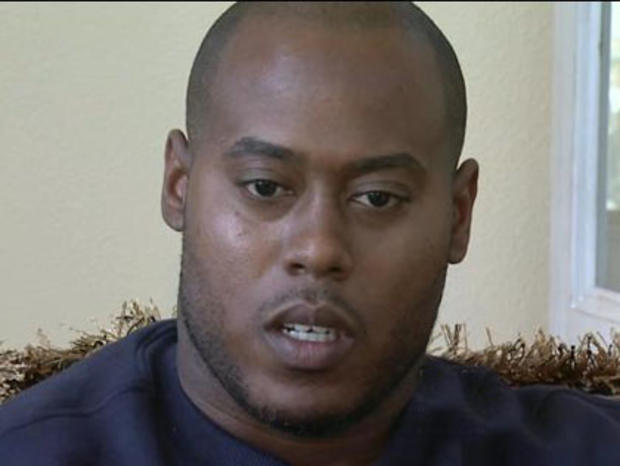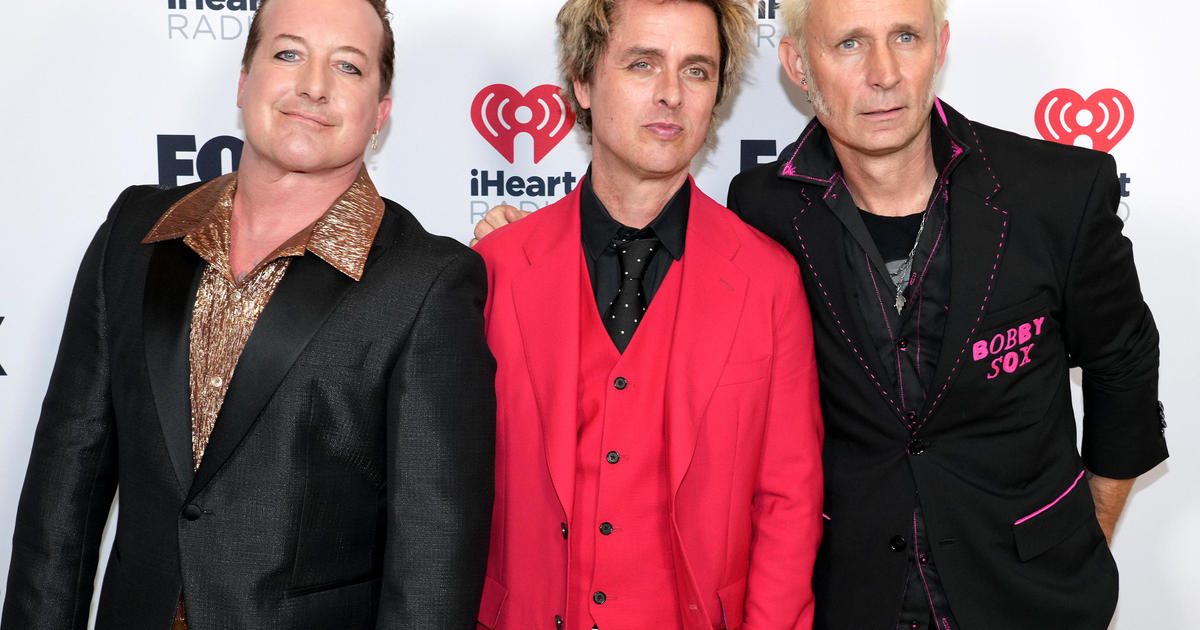Seau Teammate Wonders If Football-Related Injuries Led To Suicide
LOS ANGELES (CBS) — Ronney Jenkins, former San Diego Charger and teammate of Junior Seau's, says we may never know what led his friend to commit suicide, but he wonders if football-related traumatic head injuries could be to blame.
"People we go to war with get banged up," says Jenkins.
Jenkins himself, a kick returner for several teams from 2000-2005, suffered a concussion so severe the NFL gave him a rare benefit of lifetime medical coverage for his injuries. "I know my body and I know I've changed over the years."
Jenkins talked with CBS2 and KCAL9 reporter Melissa McCarty. "I don't want to sound like a cliche, but there was something different about [Seau]. And there's only a few people I've looked up to and he was one of them."
Jenkins wonders if Seau might have suffered from the devastating head trauma borne from his football-playing days.
Dr. Neil Martin, chief of Neurology at the Ronald Reagan UCLA Medical Center, cites recent research that links former athletes to a serious medical condition called CTE, or Chronic Traumatic Encephalopathy. Martin explains that in layman's terms. "It's a chronic degeneration of the brain like Alzheimer's or Parkinson's but occurs much younger and seems to be associated with repetitive injuries to the head. In the context of contact sports. "
Confirmation of CTE, sadly, only can be diagnosed after the patient has died. Former Chicago Bear Dave Duerson -- who also committed suicide -- requested he be tested for it after his death.
Dr. Martin says CTE has a number of symptoms. "It can affect a person's mood, intellect, personality and memory. So people are first often depressed, they have trouble concentrating and focusing. They may have be of sorts with their family."
Jenkins says, "I've seen those symptoms in myself. And Junior played a lot longer than me. I'm assuming he felt the same way I was feeling."
In what was their last conversation, Jenkins says he and Seau discussed life after football and life off the field. "He said, 'They don't understand.' He was hurting from it. I just looked at it like, he felt the same thing when I stopped playing."
Doctor's cannot say if CTE played a role in Seau's suicide, but his friends and medical experts all agree something more had to be done to help athletes in the game -- and after.




